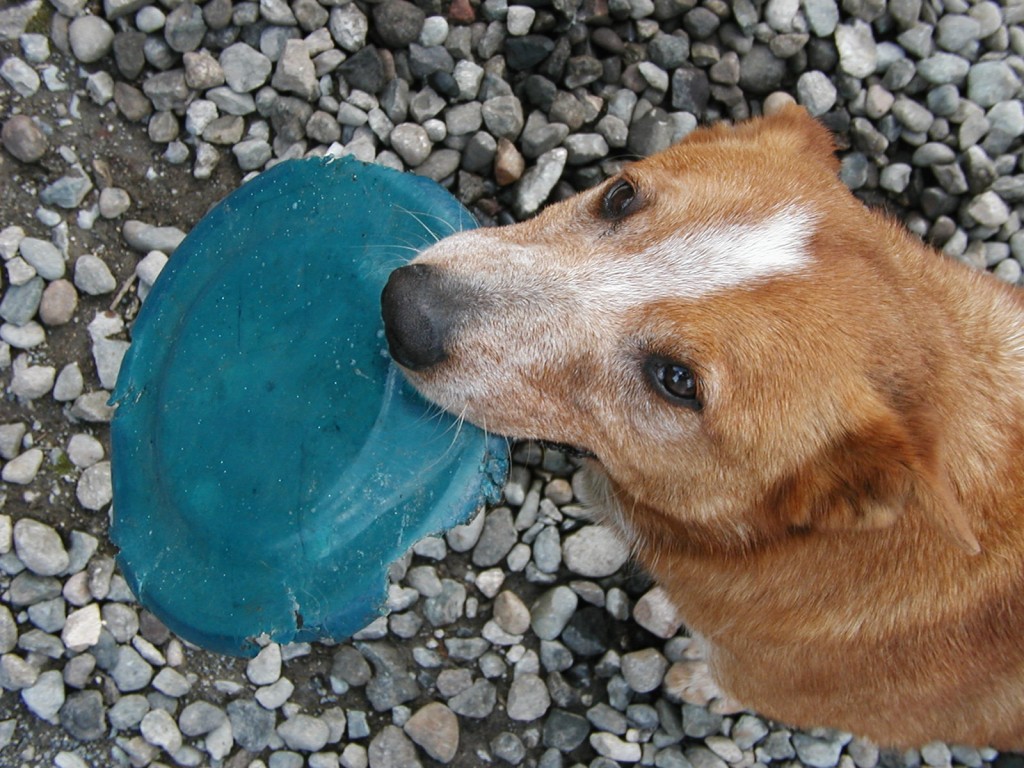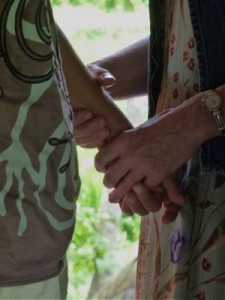Full-Spectrum Forgiveness, Part 2: Emotional & Transcendental Forgiveness

Emotional Forgiveness:
Forgiveness–as a heartfelt feeling–brings release and relief. By releasing grudges, bitterness, harsh judgments, resentment, self-pity, rage, anger and hatred we are more fully alive, and present in the moment. Maintaining these emotions blocks and drains energy. Energy can flow freely and renew us as we truly forgive. This experience is one of having more open space in our lives. Having fully forgiven, it does not matter whether we remember or forget—the topic no longer arouses us.
At its root, forgiveness is a function of FEELING. Most of us like very much the IDEA of forgiving. The real-time ACT of releasing negative emotions requires finding these difficult emotions inside—actually feeling them. You can’t give it away if you don’t own it. We’ll get into the nitty-gritty as this post series continues.
Forgiveness and compassion are like two hands that wash one another.  Forgiveness invites the flow of compassion. Compassion opens space for forgiveness. Both rely on the free flow of feeling.
Forgiveness invites the flow of compassion. Compassion opens space for forgiveness. Both rely on the free flow of feeling.
Emotional forgiveness does not require scouting around in your memories to dig up lingering grudges. Accessing and attending fully to experience in the present can pull up past issues, like following an echo back up the canyons to someone’s shouting mouth. Digging deeply into moment-to-moment experience exhumes the past-within- the-present. Discovering issues here-and-now increases our motivation for resolving them; we are present to the ways issues actively interfere with the free flow of feeling in current relationships.
The need to forgive does not necessarily show up in the guise of grudges or resentment. Here are a few clues that indicate a background stuck emotion:
- Emotional coldness
- Subtle disengagement from the present moment
- Inability to be wholehearted
- Vague irritability
- Boredom
- Hyper-rational states or “being in your head”
- Lack of emotional engagement
- Projection of one’s own feelings onto other people
Transcendental Forgiveness
Transcendental forgiveness means forgiveness that helps us to go beyond ego and personality. It involves a transpersonal element. In other words it takes place in the realm of greater-than-self, and involves connection. Transcendental forgiveness relies on our ability to allow agencies beyond our personality to influence or assist us.
These other agencies may simply be the kindness and wisdom of the people around us. Whether we believe in God, angels, guides, masters, Nature, Spirit, or simply the principle of grace is not at issue here. What IS crucial is to attain a frame of mind and heart during which we are willing and open to connect with others. This state allows positive and expansive energies to participate in our personal experience. We have opened ourselves to intentional influence.
Transcendental forgiveness is a state of grace. Like real love, it is not available on command. While we cannot control it, we CAN take both internal and external actions that serve to open us up to greater-than-personal experience, inviting the expansive feelings we encounter to roost within.
There are a number of different ways to invite ourselves to experience forgiveness. The easiest way to do this is to be around someone who generates the actual energy of forgiveness and to attune to that person, like tuning an instrument using a tuning fork.
I will share some direct experiences with the Energy of Forgiveness in Part 3.
Which modes of Forgiveness do You most relate to? What do you notice when you think about the other modes?
Please also read the “comments” and share your own. We will have some meaningful and important discussions in this series.





























